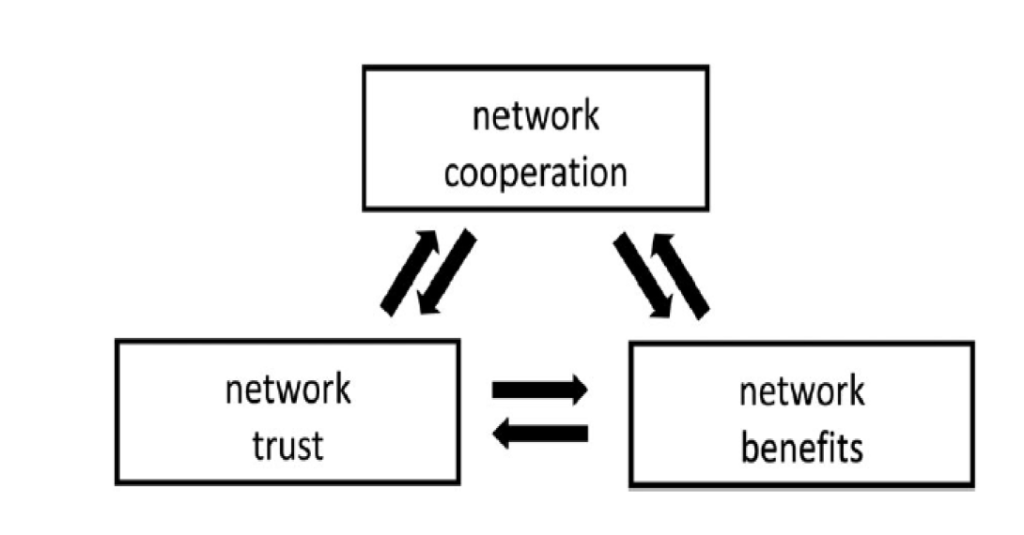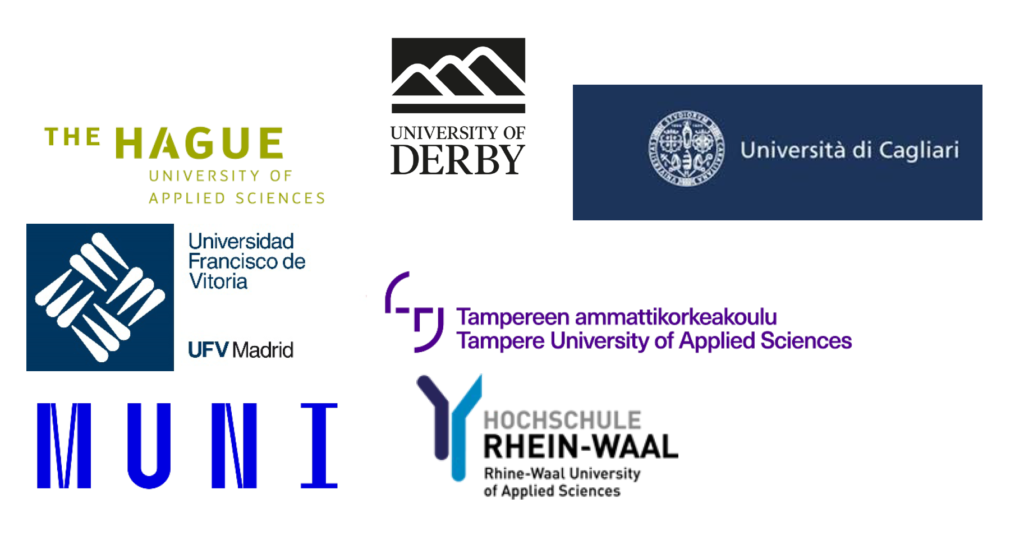The Hague Network comprises a small group of academic institutions who have decided to establish wider, deeper and more comprehensive networking between individuals across institutions and to form Strategic Partnerships. By coming together as a network we seek to engender educational provision designed to educate students and staff to meet the challenges of a changing world and to do so in a curious, connected, and caring way indicative of World Citizenship. The very nature of the network itself is International in nature and Internationlisation is one of the key themes underpinning the activities carried out between Strategic Partners.
Goals of The Hague Network
- to foster and enhance the internationlisation process in and between member institutions
- to continue to broaden and deepen existing relationships and share expertise in order to improve our provision to stakeholders in each member institution
- to both improve the overall quality of education and to broaden the perspectives underpinning it in order to prepare students for the globalised world and particularly the globalised world of work.
- to embrace change in pedagogy via technology where this can improve and enhance traditional educational practices
- to create a networked academic community co-operating on common research interests, building a reputation as a demonstrably stable network to apply for funding from the EU and other sources
Thematic Activities for development within The Hague Network
The areas of co-operation and collaborative activities are listed below. These are broad and indicative aims and each partner will determine its own priorities for action based upon its own particular needs and wishes at any given time.
| Designing international curricula | COIL |
| Student exchange (inbound) | Campus culture and informal curriculum |
| Student exchange (outbound) | Research projects (externally funded) |
| Joint/double degrees | Research projects (internally funded) |
| Co-creation | Triple (Quadruple) Helix projects |
| Academic exchange | |
| Support Staff exchange | Others as determined over time |
Benefits of The Hague Network
The benefits of this could be identified as such:
Promotion and Credibility– Improving the reputation and kudos of an organization by the company it keeps. Its networks become an indicator of its status and its intellectual capital
Knowledge sharing– The level and depth of knowledge and experience within a group is more than the sum of its parts with ‘ innovation, experience, good practices and new ideas becoming value drivers.’ (Vătămănescu, et al 2016). Learning from other’s “best practice” saves time, energy and, perhaps, most importantly resources. (Curious)
Connections–Having a functioning network of individuals may enable the network to better seize opportunities and give it the possibility to seize those opportunities that it might not be able to seize as a single institution. Increasingly EU and other research funding is disbursed via programmes targeted on networks or consortia participation. (Connected)
Developing People– Humans are social animals and establishing new relationships would help engender confidence and self-esteem in staff and students which normally results in enhanced outputs which in turn further increases confidence, self-esteem and the willingness to change. (Caring)
The diagram below demonstrates the importance of trust (Gaudsal et al 2016) that is established via close cooperation between individuals as well as at an institutional level and the Network enhances the levels of trust between institutions which will have a trickle-down effect in each of the member instutions.

References
Gausdal, A. H., Svare, H., & Möllering, G. (2016). Why don’t all high-trust networks achieve strong network benefits? A case-based exploration of cooperation in Norwegian SME networks. Journal of Trust Research, 6(2), 194-212.
Vătămănescu, E. M., Vătămănescu, Andrei, A. G., Dumitriu, D. L., & Leovaridis, C. (2016). Harnessing network-based intellectual capital in online academic networks. From the organizational policies and practices towards competitiveness. Journal of Knowledge Management, 20(3), 594-619.

